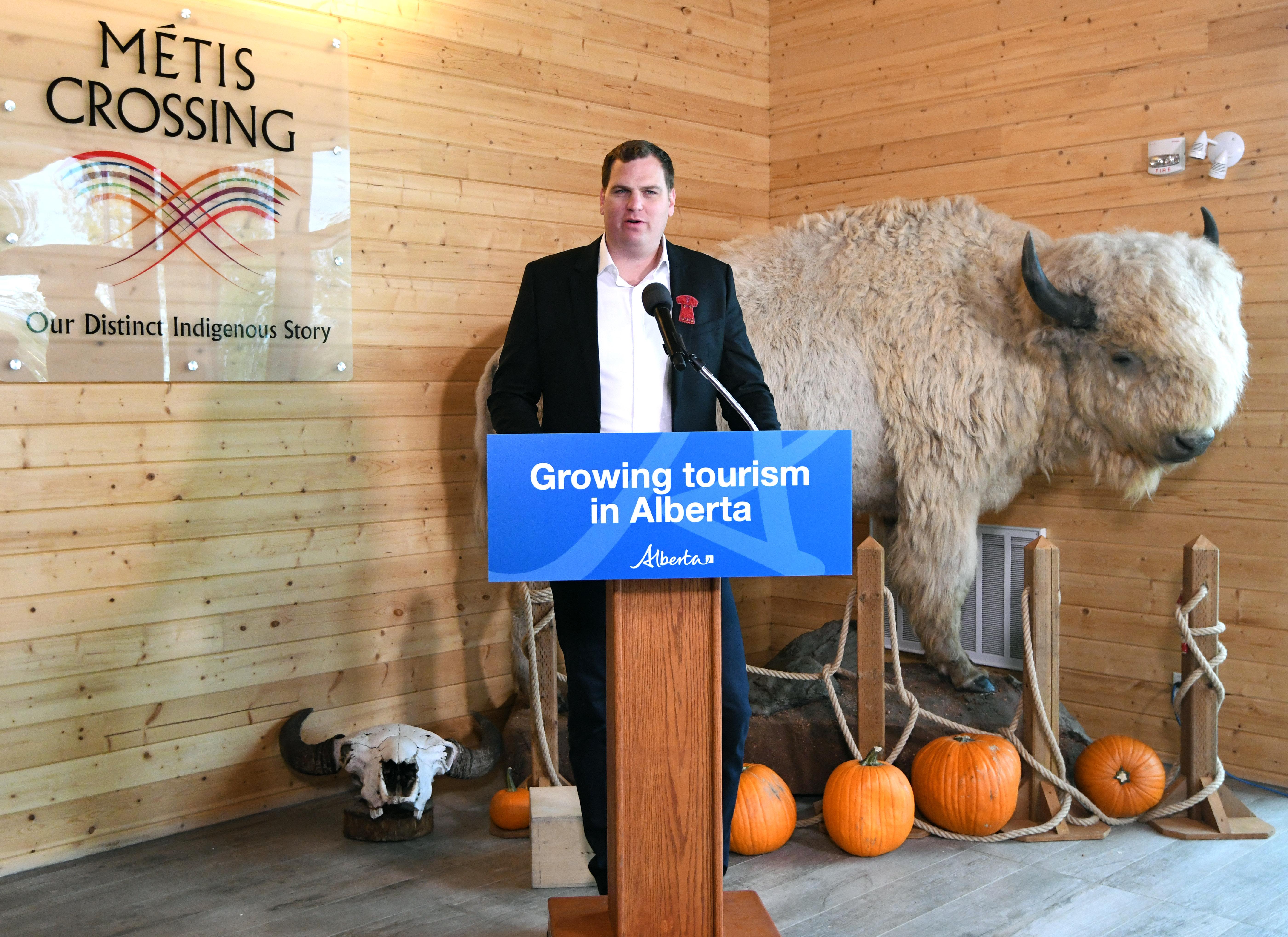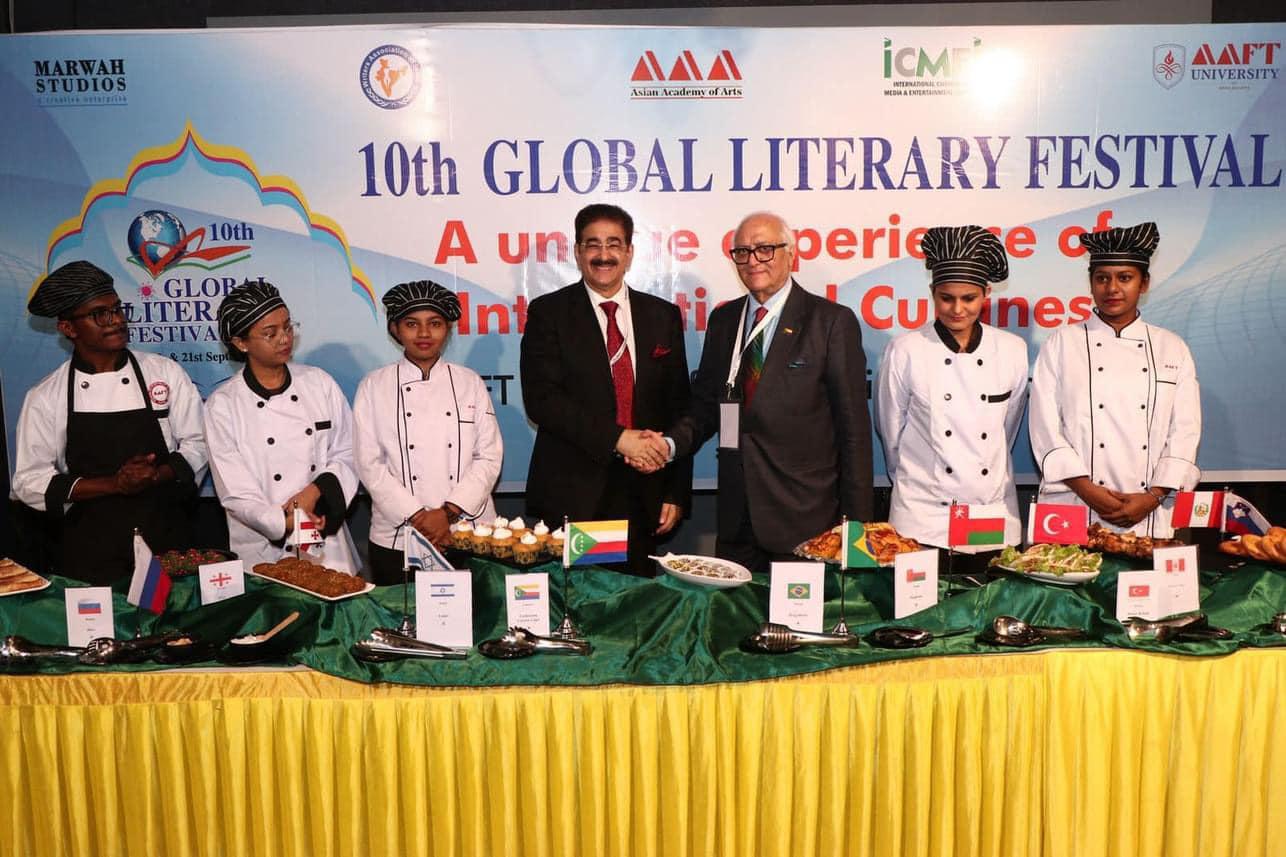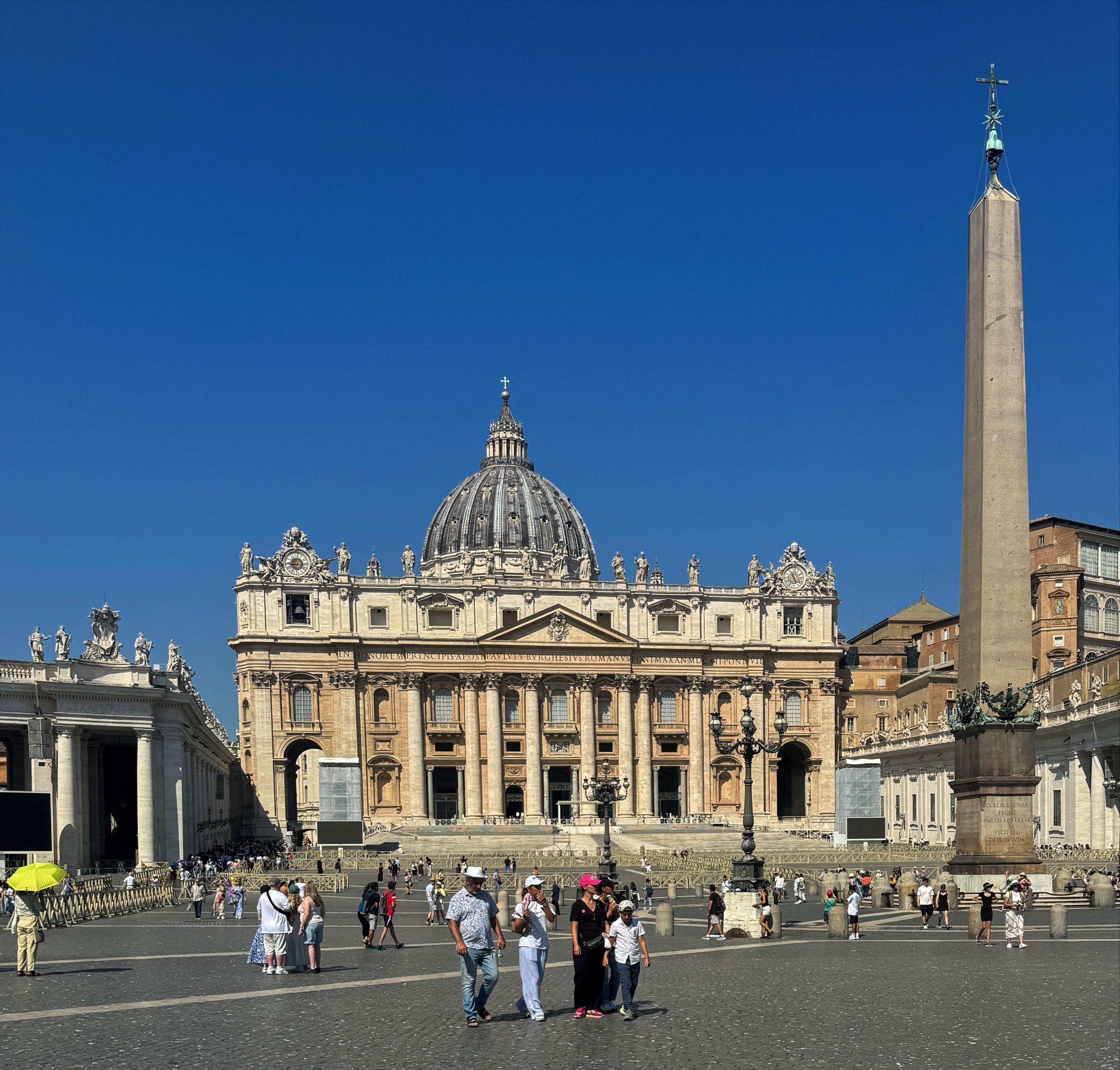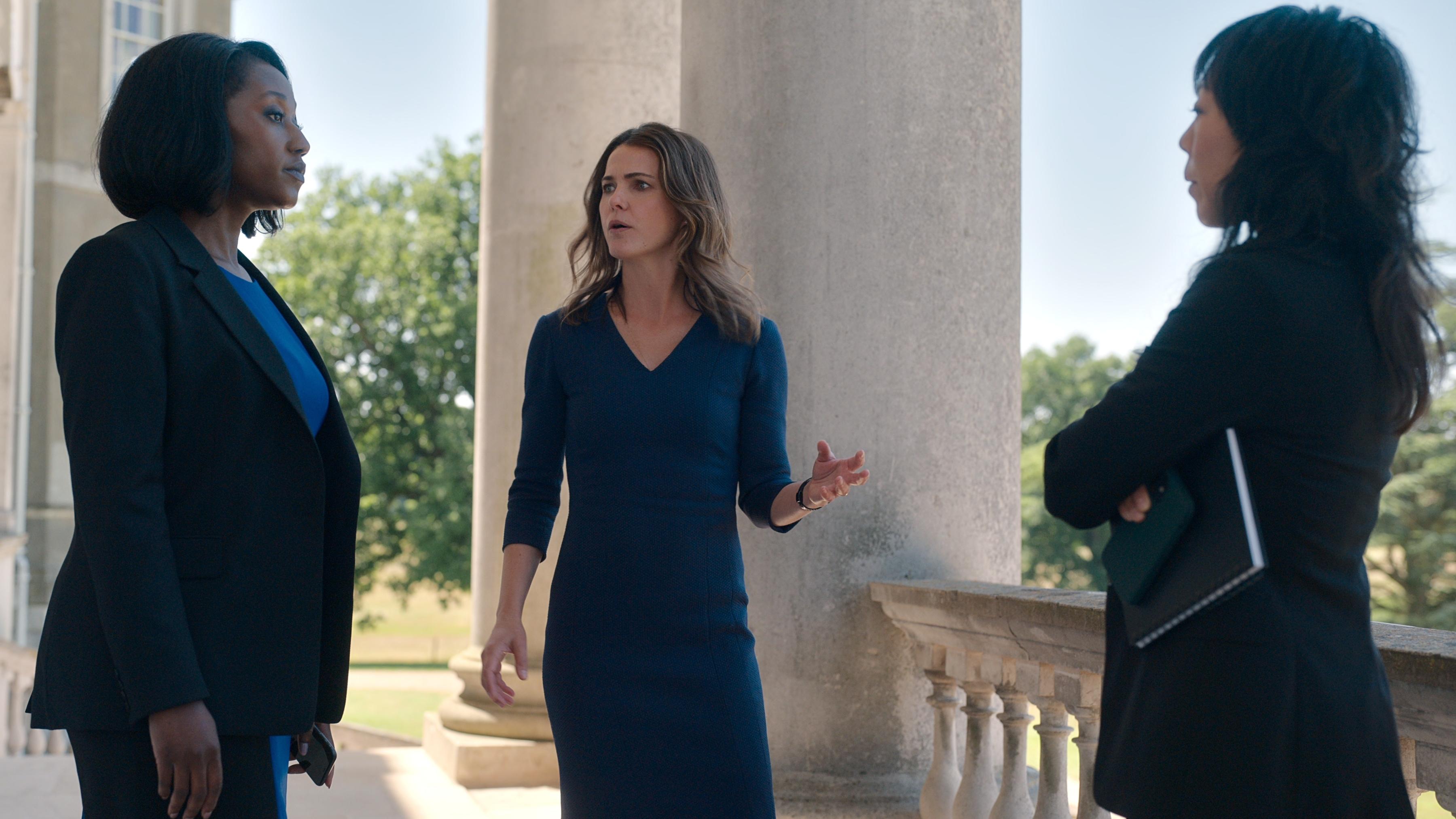In the high-stakes arena of international diplomacy, where every word is weighed and every gesture scrutinized, “” emerges as a riveting exploration of the intricate dance between global politics and human emotion. As the world teeters on the edge of uncertainty, this compelling narrative delves into the lives of those who navigate the murky waters of international relations, where personal ambitions and private dilemmas are as potent as the public policies they shape. With an authoritative lens, the article unravels the complex tapestry of alliances and rivalries, offering readers an insider’s perspective on the delicate balance of power and the personal sacrifices that often underpin it. Prepare to embark on a journey that transcends borders and delves deep into the heart of diplomacy, where the personal and political are inextricably intertwined.
Navigating the Complex Web of International Relations
In the ever-evolving landscape of international relations, diplomats are akin to skilled acrobats, balancing on the tightrope of political tension while managing the intricacies of personal drama. The art of diplomacy requires a keen understanding of both the overt and covert dynamics at play, as well as the ability to navigate through the myriad of challenges that arise from cultural, economic, and political differences.
- Understanding Cultural Nuances: Diplomats must be adept at recognizing and respecting the cultural subtleties that influence negotiations. Missteps in this area can lead to misunderstandings and stalled progress.
- Economic Interests: The global economy is a powerful force in shaping international relations. Diplomats need to balance national interests with global economic realities, often finding themselves in complex negotiations over trade agreements and economic policies.
- Political Alliances: The formation and maintenance of alliances are crucial. Diplomats must skillfully manage relationships, ensuring that alliances remain strong while also being prepared to adapt to shifting political landscapes.
Amidst these challenges, personal drama can further complicate the diplomatic process. The personal beliefs, biases, and relationships of those involved can impact decision-making and the outcomes of negotiations. It is here that the true skill of a diplomat is tested—being able to separate personal emotions from professional duties, while still maintaining empathy and understanding. In this high-stakes arena, the ability to manage both political tension and personal drama is what sets successful diplomats apart from the rest.

Unraveling the Intricacies of Personal and Political Conflicts
In the complex tapestry of international relations, personal and political conflicts are often intertwined, creating a volatile mix that can ignite tensions both within and between nations. Diplomats, often caught in the crossfire, must navigate these turbulent waters with precision and tact. The delicate balance of power is frequently disrupted by the personal ambitions and emotional entanglements of those involved, leading to unforeseen consequences on the global stage.
- Personal Ambitions: Individual desires and career aspirations can skew diplomatic priorities, leading to decisions that may not align with national interests.
- Emotional Entanglements: Relationships and personal connections can complicate negotiations, adding layers of complexity to already intricate diplomatic dialogues.
- Power Struggles: The clash between personal influence and political authority can create rifts within governments, affecting international alliances and treaties.
These elements are not merely background noise but pivotal factors that shape the outcomes of diplomatic efforts. Understanding the personal dynamics at play is crucial for anyone seeking to grasp the full scope of political conflicts. By examining these undercurrents, we can better predict and respond to the challenges that arise when personal and political worlds collide.

Strategies for Balancing Diplomatic Challenges and Personal Dynamics
In the intricate dance of diplomacy, balancing political tensions with personal dynamics requires a strategic approach. Successful diplomats are those who not only navigate the complexities of international relations but also manage the subtleties of personal interactions. Here are some strategies to maintain this delicate balance:
- Active Listening: Diplomats must be adept at listening, not just to the words spoken but to the underlying emotions and intentions. This skill helps in understanding the true concerns of all parties involved, fostering trust and opening avenues for resolution.
- Emotional Intelligence: The ability to recognize and manage one’s own emotions, as well as empathize with others, is crucial. It allows diplomats to remain calm under pressure and to diffuse potentially volatile situations with grace.
- Boundary Setting: Establishing clear boundaries between professional responsibilities and personal relationships is essential. This ensures that personal dynamics do not cloud judgment or interfere with diplomatic duties.
Moreover, flexibility and adaptability are indispensable traits. The landscape of international politics is ever-changing, and personal dynamics can shift unexpectedly. A diplomat’s ability to adjust strategies and maintain equilibrium in the face of such changes can be the key to success. By integrating these strategies, diplomats can effectively manage the collision of political tension and personal drama, ensuring that both realms are navigated with skill and poise.

Expert Recommendations for Resolving Political Tensions with Poise
In navigating the intricate web of political tensions, seasoned diplomats emphasize the importance of maintaining calm and composure. An unwavering commitment to dialogue is crucial, ensuring that all parties feel heard and respected. Experts suggest that adopting a mindset of curiosity over confrontation can transform adversarial interactions into opportunities for mutual understanding and collaboration.
- Empathy as a Tool: Understanding the perspectives and motivations of others can bridge divides and foster cooperation.
- Strategic Patience: Allowing time for reflection and avoiding hasty decisions can prevent exacerbating tensions.
- Clear Communication: Articulating positions with clarity and precision reduces misunderstandings and builds trust.
Moreover, cultivating personal resilience is essential for those embroiled in political drama. This involves developing a strong sense of self-awareness and emotional intelligence, enabling individuals to remain grounded amidst the chaos. By prioritizing self-care and setting healthy boundaries, diplomats can sustain their effectiveness and maintain their integrity, even in the most challenging circumstances.

